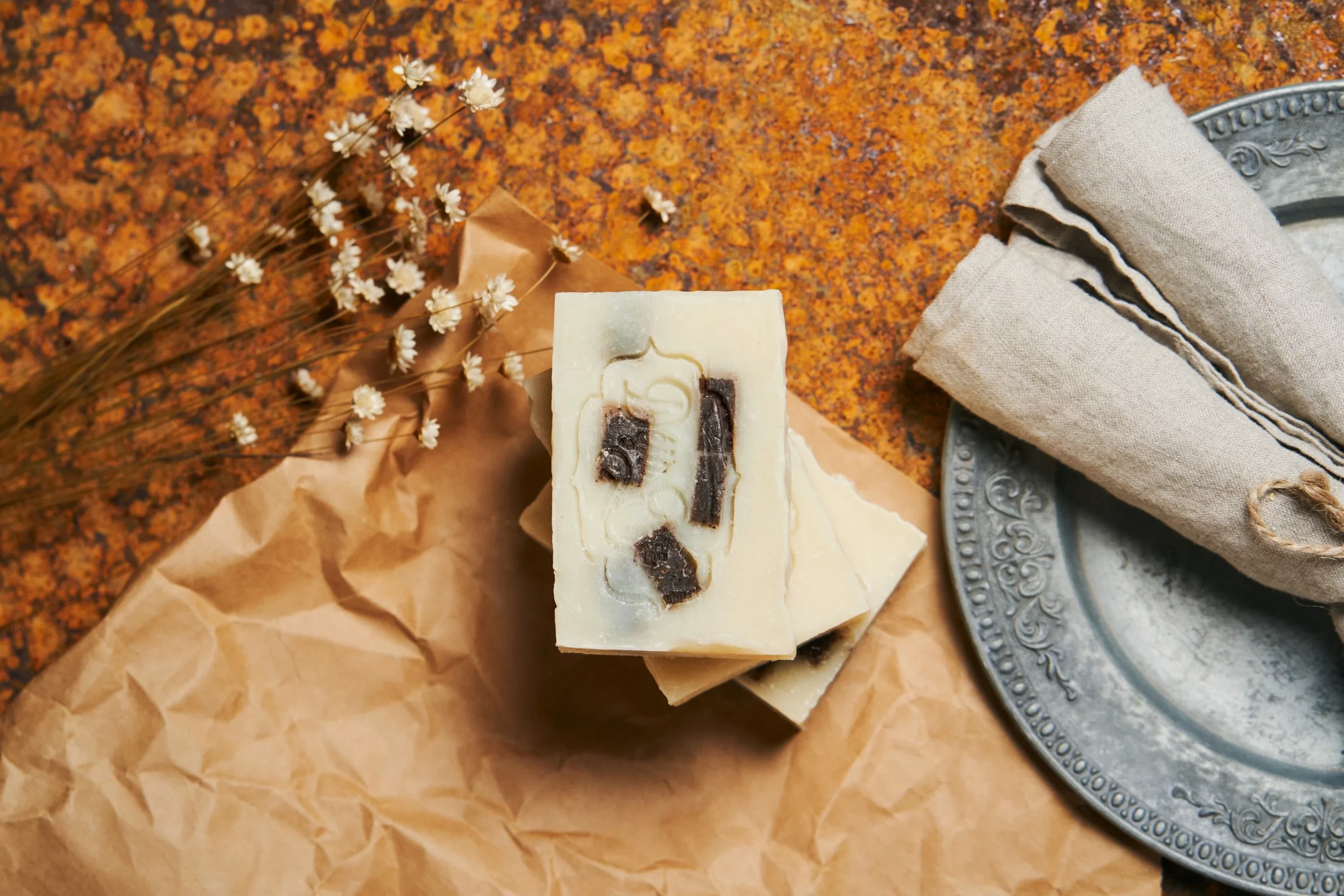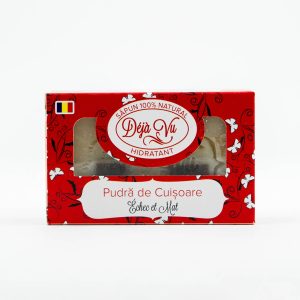
Homemade soap or natural soap? An honest comparison
Homemade soap or natural soap?
Homemade soap and natural soap are often used interchangeably, but there are important differences between them:
- Homemade soap – Generally refers to soap made by hand in households using simple ingredients such as oils, animal or vegetable fats, and sodium hydroxide (caustic soda). It may or may not contain chemical additives, but this depends on the recipe. Sometimes, homemade soap may contain synthetic ingredients or artificial fragrances.
- Natural soap – This is soap created from 100% natural ingredients, such as vegetable oils, natural essences and flavors, plants and minerals, without chemicals, preservatives or synthetic fragrances. It is gentler on the skin and usually has a more delicate and sustainable formula.
If you want a purer, skin- and environment-friendly product, natural soap is often the preferred choice!
Natural soap Déjà Vu
Fear of commercial products, which often lack transparency, leads skincare enthusiasts to look for homemade soap recipes. Others prefer to focus on natural, artisanal products, which are made under controlled conditions.
There are many differences between the two approaches, and we, the Déjà Vu natural soap team, decided to take a look at them. Here is the complete guide when you want to use only products that are gentle on your skin.
It's harder to make vegan homemade soap
Even though it has many great qualities and is natural, homemade soap is generally based on animal fat. This may not be to the liking of people following a vegetarian or vegan lifestyle.
Making skincare products from 100% plant-based ingredients is easier when we prepare them “cold”. And while this can be done by a self-employed artisan, it is not ideal. It is best for natural and entirely plant-based soap to be made in a controlled environment. A whole team must be behind the manufacturing. From skilled artisans to chemists, the process is much more complex and ensures extra gentleness to your skin.
The difference between the "hot" and "cold" method
The main difference between the two methods is intuitive. Soaps that are made "hot" are based on animal fat and are boiled. Generally, it does not take long to obtain such products.
The "cold" process is longer and more laborious. For example, the natural soap Déjà Vu requires a period of one month to dry. However, it comes with the advantage that its naturalness is guaranteed. As well as its vegan character, which is not exactly compatible with the "hot" method.
A less pleasant part of cold-pressed soap is the saponification process. Using a strong base – sodium hydroxide in general – raises concerns about the effect on the skin. However, the long drying removes the potentially harmful effects. Specifically, caustic soda (sodium hydroxide) is used in the saponification process, but then it is released. Thus, it is no longer an active element in the handmade soap, and the product can be used safely.
Additionally, there are recipes that do not use the basic element; unfortunately, the resulting soaps have a very short shelf life. A cold-prepared cosmetic product, on the other hand, will last up to a year.









Leave a Reply